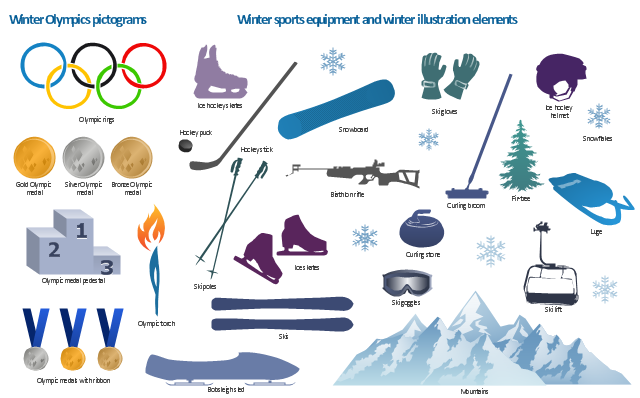The vector stencils library "Winter Olympics pictograms" contains 29 pictograms and silhouettes.
Use it for drawing Winter Olympics diagrams, infographics and illustrations in the ConceptDraw PRO diagramming and vector drawing software extended with the Winter Sports solution from the Sport area of ConceptDraw Solution Park.
Use it for drawing Winter Olympics diagrams, infographics and illustrations in the ConceptDraw PRO diagramming and vector drawing software extended with the Winter Sports solution from the Sport area of ConceptDraw Solution Park.
The vector stencils library "Winter Olympics pictograms" contains 29 pictograms and silhouettes.
Use it for drawing Winter Olympics diagrams, infographics and illustrations in the ConceptDraw PRO diagramming and vector drawing software extended with the Winter Sports solution from the Sport area of ConceptDraw Solution Park.
Use it for drawing Winter Olympics diagrams, infographics and illustrations in the ConceptDraw PRO diagramming and vector drawing software extended with the Winter Sports solution from the Sport area of ConceptDraw Solution Park.
Ice Hockey Diagram – Deke Technique
Explaining ice hockey techniques becomes much more easier and time saving with illustrations. The Ice Hockey solution for ConceptDraw PRO is designed as a tool that helps produce ice hockey illustrations of any complexity in minutes.The vector stencils library "Control devices" contains 8 clipart images of computer control devices for drawing illustrations.
"In computing, an input device is any peripheral (piece of computer hardware equipment) used to provide data and control signals to an information processing system such as a computer or other information appliance. Examples of input devices include keyboards, mouse, scanners, digital cameras and joysticks. ...
Pointing devices, which are input devices used to specify a position in space, can further be classified according to:
(1) Whether the input is direct or indirect. With direct input, the input space coincides with the display space, i.e. pointing is done in the space where visual feedback or the pointer appears. Touchscreens and light pens involve direct input. Examples involving indirect input include the mouse and trackball.
(2) Whether the positional information is absolute (e.g. on a touch screen) or relative (e.g. with a mouse that can be lifted and repositioned).
Direct input is almost necessarily absolute, but indirect input may be either absolute or relative. For example, digitizing graphics tablets that do not have an embedded screen involve indirect input and sense absolute positions and are often run in an absolute input mode, but they may also be set up to simulate a relative input mode like that of a touchpad, where the stylus or puck can be lifted and repositioned." [Input device. Wikipedia]
The clip art example "Control devices - Vector stencils library" was created using the ConceptDraw PRO diagramming and vector drawing software extended with the Computers and Communications solution from the Illustration area of ConceptDraw Solution Park.
www.conceptdraw.com/ solution-park/ illustrations-computers-communications
"In computing, an input device is any peripheral (piece of computer hardware equipment) used to provide data and control signals to an information processing system such as a computer or other information appliance. Examples of input devices include keyboards, mouse, scanners, digital cameras and joysticks. ...
Pointing devices, which are input devices used to specify a position in space, can further be classified according to:
(1) Whether the input is direct or indirect. With direct input, the input space coincides with the display space, i.e. pointing is done in the space where visual feedback or the pointer appears. Touchscreens and light pens involve direct input. Examples involving indirect input include the mouse and trackball.
(2) Whether the positional information is absolute (e.g. on a touch screen) or relative (e.g. with a mouse that can be lifted and repositioned).
Direct input is almost necessarily absolute, but indirect input may be either absolute or relative. For example, digitizing graphics tablets that do not have an embedded screen involve indirect input and sense absolute positions and are often run in an absolute input mode, but they may also be set up to simulate a relative input mode like that of a touchpad, where the stylus or puck can be lifted and repositioned." [Input device. Wikipedia]
The clip art example "Control devices - Vector stencils library" was created using the ConceptDraw PRO diagramming and vector drawing software extended with the Computers and Communications solution from the Illustration area of ConceptDraw Solution Park.
www.conceptdraw.com/ solution-park/ illustrations-computers-communications
Ice Hockey Positions Diagram
ConceptDraw Ice Hockey Solution for ConceptDraw PRO delivers the "Ice Hockey Positions" library that contains predesigned objects for all ice hockey positions. A set of templates and samples demonstrates best practice of using this library.Ice Hockey Offside Diagram
"Offsides" is a very basic sports term, which can be very hard to explain to a novice. The fundamental concepts in sports can be extremely difficult to convey without a drawing, that's why we included an Offsides Sample in the Hockey solution. Explaining with ConceptDraw in your playbook is easier than ever before!Ice Hockey Diagram – Entering Offensive Zone Drill
ConceptDraw PRO software extended with the Ice Hockey Solution allows you to draw professional looking ice hockey diagrams in minutes. You can easily customize existing samples or produce you own ones."In ice hockey, a play is offside if a player on the attacking team enters the offensive zone before the puck, unless the puck is sent or carried there by a defending player. When an offside violation occurs, a linesman will stop play. A faceoff is then held at a neutral ice spot closest to the infraction to restart play. ...
The National Hockey League (NHL) and International Ice Hockey Federation (IIHF) apply similar rules for determining offside. A player is judged to be offside if their skates completely cross the blue line dividing their offensive zone from the neutral zone before the puck completely crosses the same line. In both organizations, it is the position of a player's skates that are important. They cannot use their stick or other part of their body to remain onside. The lone caveat to this rule is that an attacking player's skates may precede the puck into the attacking zone when they are skating backwards and if they are in control of the puck." [Offside (ice hockey). Wikipedia]
The ice hockey tactic diagram example "Offside (ice hockey)" was created using the ConceptDraw PRO diagramming and vector drawing software extended with the Hockey solution from the Sport area of ConceptDraw Solution Park.
The National Hockey League (NHL) and International Ice Hockey Federation (IIHF) apply similar rules for determining offside. A player is judged to be offside if their skates completely cross the blue line dividing their offensive zone from the neutral zone before the puck completely crosses the same line. In both organizations, it is the position of a player's skates that are important. They cannot use their stick or other part of their body to remain onside. The lone caveat to this rule is that an attacking player's skates may precede the puck into the attacking zone when they are skating backwards and if they are in control of the puck." [Offside (ice hockey). Wikipedia]
The ice hockey tactic diagram example "Offside (ice hockey)" was created using the ConceptDraw PRO diagramming and vector drawing software extended with the Hockey solution from the Sport area of ConceptDraw Solution Park.
"Markings.
Lines.
The centre line divides the ice in half crosswise. It is used to judge icing, meaning that if a team sends the puck across the centre line (red line), blue line and then across the goal line (that is to say, shoots or dumps the puck past the goal line from behind their own side of the centre line) it is said to be icing. ...
Faceoff spots and circles.
There are 9 faceoff spots on a hockey rink. Most faceoffs take place at these spots. There are two spots in each end zone, two at each end of the neutral zone, and one in the centre of the rink.
There are faceoff circles around the centre ice and end zone faceoff spots. There are hash marks painted on the ice near the end zone faceoff spots. The circles and hash marks show where players may legally position themselves during a faceoff or in game play. ...
Spot and circle dimensions.
Both the center faceoff spot and center faceoff circle are blue. The spot is a solid blue circle 12 inches (30 cm) in diameter. Within the spot is a center, a circle 30 feet (9.1 m) in diameter, painted with a blue line 2 inches (5.1 cm) in width.
All of the other faceoff spots have outlines 2 inches (5.1 cm) thick, forming a circle 2 feet (0.61 m) in diameter measured from the outsides of the outlines, and are filled in with red in all areas except for the 3 inches (7.6 cm) space from the tops and bottoms of the circles, measured from the insides of the outline. ...
Goal posts and nets.
At each end of the ice, there is a goal consisting of a metal goal frame and cloth net in which each team must place the puck to earn points. According to NHL and IIHF rules, the entire puck must cross the entire goal line in order to be counted as a goal. ...
Goal area.
The crease is a special area of the ice designed to allow the goaltender to perform without interference. In most leagues, goals are disallowed if an attacking player enters the goal crease with a stick, skate, or any body part before the puck. For the purposes of this rule, the crease extends vertically from the painted lines to the top of the goal frame. ...
Goaltender trapezoid.
During the 2004-05 American Hockey League (AHL) season, an experimental rule was implemented for the first seven weeks of the season, instituting a goaltender trap zone, more commonly called the trapezoid in reference to its shape. Under the rule, it is prohibited for the goaltender to handle the puck anywhere behind the goal line that is not within the trapezoidal area. If they do so they are assessed a minor penalty for delay of game. ...
Referee's crease.
The referee's crease is a semicircle ten feet in radius in front of the scorekeepers bench." [Ice hockey rink. Wikipedia]
The diagram template "Ice hockey rink view from long side" for the ConceptDraw PRO diagramming and vector drawing software is included in the Hockey solution from the Sport area of ConceptDraw Solution Park.
Lines.
The centre line divides the ice in half crosswise. It is used to judge icing, meaning that if a team sends the puck across the centre line (red line), blue line and then across the goal line (that is to say, shoots or dumps the puck past the goal line from behind their own side of the centre line) it is said to be icing. ...
Faceoff spots and circles.
There are 9 faceoff spots on a hockey rink. Most faceoffs take place at these spots. There are two spots in each end zone, two at each end of the neutral zone, and one in the centre of the rink.
There are faceoff circles around the centre ice and end zone faceoff spots. There are hash marks painted on the ice near the end zone faceoff spots. The circles and hash marks show where players may legally position themselves during a faceoff or in game play. ...
Spot and circle dimensions.
Both the center faceoff spot and center faceoff circle are blue. The spot is a solid blue circle 12 inches (30 cm) in diameter. Within the spot is a center, a circle 30 feet (9.1 m) in diameter, painted with a blue line 2 inches (5.1 cm) in width.
All of the other faceoff spots have outlines 2 inches (5.1 cm) thick, forming a circle 2 feet (0.61 m) in diameter measured from the outsides of the outlines, and are filled in with red in all areas except for the 3 inches (7.6 cm) space from the tops and bottoms of the circles, measured from the insides of the outline. ...
Goal posts and nets.
At each end of the ice, there is a goal consisting of a metal goal frame and cloth net in which each team must place the puck to earn points. According to NHL and IIHF rules, the entire puck must cross the entire goal line in order to be counted as a goal. ...
Goal area.
The crease is a special area of the ice designed to allow the goaltender to perform without interference. In most leagues, goals are disallowed if an attacking player enters the goal crease with a stick, skate, or any body part before the puck. For the purposes of this rule, the crease extends vertically from the painted lines to the top of the goal frame. ...
Goaltender trapezoid.
During the 2004-05 American Hockey League (AHL) season, an experimental rule was implemented for the first seven weeks of the season, instituting a goaltender trap zone, more commonly called the trapezoid in reference to its shape. Under the rule, it is prohibited for the goaltender to handle the puck anywhere behind the goal line that is not within the trapezoidal area. If they do so they are assessed a minor penalty for delay of game. ...
Referee's crease.
The referee's crease is a semicircle ten feet in radius in front of the scorekeepers bench." [Ice hockey rink. Wikipedia]
The diagram template "Ice hockey rink view from long side" for the ConceptDraw PRO diagramming and vector drawing software is included in the Hockey solution from the Sport area of ConceptDraw Solution Park.
"The blue lines divide the rink into three zones. The central zone is called the neutral zone or simply centre ice. The generic term for the outer zones is end zones, but they are more commonly referred to by terms relative to each team. The end zone in which a team is trying to score is called the attacking zone or offensive zone; the end zone in which the team's own goal net is located is called the defending zone or defensive zone.
The blue line is considered part of whichever zone the puck is in. Therefore, if the puck is in the neutral zone, the blue line is part of the neutral zone. It must completely cross the blue line to be considered in the end zone. Once the puck is in the end zone, the blue line becomes part of that end zone. The puck must now completely cross the blue line in the other direction to be considered in the neutral zone again." [Ice hockey rink. Wikipedia]
The hockey drill diagram example "Entering offensive zone" was created using the ConceptDraw PRO diagramming and vector drawing software extended with the Hockey solution from the Sport area of ConceptDraw Solution Park.
The blue line is considered part of whichever zone the puck is in. Therefore, if the puck is in the neutral zone, the blue line is part of the neutral zone. It must completely cross the blue line to be considered in the end zone. Once the puck is in the end zone, the blue line becomes part of that end zone. The puck must now completely cross the blue line in the other direction to be considered in the neutral zone again." [Ice hockey rink. Wikipedia]
The hockey drill diagram example "Entering offensive zone" was created using the ConceptDraw PRO diagramming and vector drawing software extended with the Hockey solution from the Sport area of ConceptDraw Solution Park.
The vector stencils library "Winter Olympics pictograms" contains 29 pictograms and silhouettes.
Use it for drawing Winter Olympics diagrams, infographics and illustrations in the ConceptDraw PRO diagramming and vector drawing software extended with the Winter Sports solution from the Sport area of ConceptDraw Solution Park.
Use it for drawing Winter Olympics diagrams, infographics and illustrations in the ConceptDraw PRO diagramming and vector drawing software extended with the Winter Sports solution from the Sport area of ConceptDraw Solution Park.
 Ice Hockey
Ice Hockey
The Ice Hockey Solution extends the capabilities of ConceptDraw PRO v9.5 (or later) with samples, templates, and libraries of vector objects for drawing hockey diagrams, plays schemas, and illustrations. The Ice Hockey Solution can be used to make polishe
"An ice hockey rink is an ice rink that is specifically designed for ice hockey, a team sport. It is rectangular with rounded corners and surrounded by a wall approximately 1 meter (40-48 inches) high called the boards." [Ice hockey rink. Wikipedia]
"A team usually consists of four lines of three forwards, three pairs of defensemen, and two goalies. Five members of each team skate up and down the ice trying to take the puck and score a goal against the opposing team. Each team has a goaltender who tries to stop the puck from going into the goal." [Ice hockey. Wikipedia]
This ice hockey rink diagram was redesigned from the Wikimedia Commons file: Ice hockey rink with players russian.svg.
[commons.wikimedia.org/ wiki/ File:Ice_ hockey_ rink_ with_ players_ russian.svg]
This file is licensed under the Creative Commons Attribution-Share Alike 3.0 Unported license. [creativecommons.org/ licenses/ by-sa/ 3.0/ deed.en]
The diagram example "Ice hockey rink with players" was created using the ConceptDraw PRO diagramming and vector drawing software extended with the Hockey solution from the Sport area of ConceptDraw Solution Park.
"A team usually consists of four lines of three forwards, three pairs of defensemen, and two goalies. Five members of each team skate up and down the ice trying to take the puck and score a goal against the opposing team. Each team has a goaltender who tries to stop the puck from going into the goal." [Ice hockey. Wikipedia]
This ice hockey rink diagram was redesigned from the Wikimedia Commons file: Ice hockey rink with players russian.svg.
[commons.wikimedia.org/ wiki/ File:Ice_ hockey_ rink_ with_ players_ russian.svg]
This file is licensed under the Creative Commons Attribution-Share Alike 3.0 Unported license. [creativecommons.org/ licenses/ by-sa/ 3.0/ deed.en]
The diagram example "Ice hockey rink with players" was created using the ConceptDraw PRO diagramming and vector drawing software extended with the Hockey solution from the Sport area of ConceptDraw Solution Park.
"The goal line is the chalked or painted line dividing the end zone from the field of play in American football and Canadian football. It is the line that must be crossed in order to score a touchdown
If any part of the ball reaches any part of the imaginary vertical plane transected by this line while in-bounds and in possession of a player whose team is striving toward that end of the field, this is considered a touchdown and scores six points for the team whose player has advanced the ball to, or recovered the ball in, this position. This is in contrast with other sports like Association football and ice hockey, which require the puck or ball to pass completely over the goal line to count as a score.
If any member of the offensive team is downed while in possession of the ball behind his own team's goal line, this is called a safety and scores two points for the defensive team.
If, during the course of play, a loose ball travels past the goal line and is recovered within the end zone, then it is a touchdown if recovered by the kicking team, or a touchback if recovered and downed by the receiving team.
In the event of a kick recovered in one's own end zone, the entirety of the ball must pass the goal line in order for the ball to be considered in the field of play, and not a touchback." [Goal line (gridiron football). Wikipedia]
The American football positions diagram example "Goal line formation (Offense/ Defense)" was created using the ConceptDraw PRO diagramming and vector drawing software extended with the Football solution from the Sport area of ConceptDraw Solution Park.
If any part of the ball reaches any part of the imaginary vertical plane transected by this line while in-bounds and in possession of a player whose team is striving toward that end of the field, this is considered a touchdown and scores six points for the team whose player has advanced the ball to, or recovered the ball in, this position. This is in contrast with other sports like Association football and ice hockey, which require the puck or ball to pass completely over the goal line to count as a score.
If any member of the offensive team is downed while in possession of the ball behind his own team's goal line, this is called a safety and scores two points for the defensive team.
If, during the course of play, a loose ball travels past the goal line and is recovered within the end zone, then it is a touchdown if recovered by the kicking team, or a touchback if recovered and downed by the receiving team.
In the event of a kick recovered in one's own end zone, the entirety of the ball must pass the goal line in order for the ball to be considered in the field of play, and not a touchback." [Goal line (gridiron football). Wikipedia]
The American football positions diagram example "Goal line formation (Offense/ Defense)" was created using the ConceptDraw PRO diagramming and vector drawing software extended with the Football solution from the Sport area of ConceptDraw Solution Park.
The vector stencils library "Winter Olympics pictograms" contains 29 pictograms and silhouettes: Olympic rings, Olympic torch, medal pedestal, gold medal, silver medal, bronze medal, medals with ribbon, skis, ski poles, biathlon rifle, snowboard, ski goggles, ski gloves, ice hockey helmet, hockey stick, hockey puck, ice hockey skates, ice skates, luge, bobsleigh sled, curling stone, mountains, snowflake, fir-tree, ski lift.
Use it to create your own winter sports diagrams, infographics and illustrations.
The example "Design elements - Winter Olympics pictograms" is included in the Winter Sports solution from the Sport area of ConceptDraw Solution Park.
Use it to create your own winter sports diagrams, infographics and illustrations.
The example "Design elements - Winter Olympics pictograms" is included in the Winter Sports solution from the Sport area of ConceptDraw Solution Park.
- Winter Olympics pictograms - Vector stencils library
- Control devices - Vector stencils library | Ice Hockey Diagram ...
- Offensive Play – Double Wing Wedge – Vector Graphic Diagram ...
- Winter Olympics pictograms - Vector stencils library | Design ...
- Ice Hockey Rink Dimensions | Trigonometric functions - Vector ...
- Goal Line Formation (Offense/Defense) Diagram | Offensive Play ...
- Diagram Of A Hockey Field
- Hockey rinks - Vector stencils library | Simple hockey rink - Template ...
- Winter Olympics pictograms - Vector stencils library | Winter sports ...
- Soccer silhouettes - Vector stencils library | Winter Olympics ...
- Ice hockey - Defensive strategy - Neutral zone trap | Hockey ...
- Hockey rinks - Vector stencils library | Ice Hockey Rink Dimensions ...
- Winter Olympics pictograms - Vector stencils library | Olympics ...
- Drawing Of A Hockey Puck
- Ice sledge hockey - Winter sports pictograms | Winter sports ...
- Ice Hockey Rink Diagram | Hockey rinks - Vector stencils library ...
- Winter Olympics pictograms - Vector stencils library | Sport ...
- Hockey Layout Positions
- Ice Hockey Rink Dimensions | Ice Hockey | Ice Hockey Diagram ...
- Winter Olympics pictograms - Vector stencils library | Bathroom ...
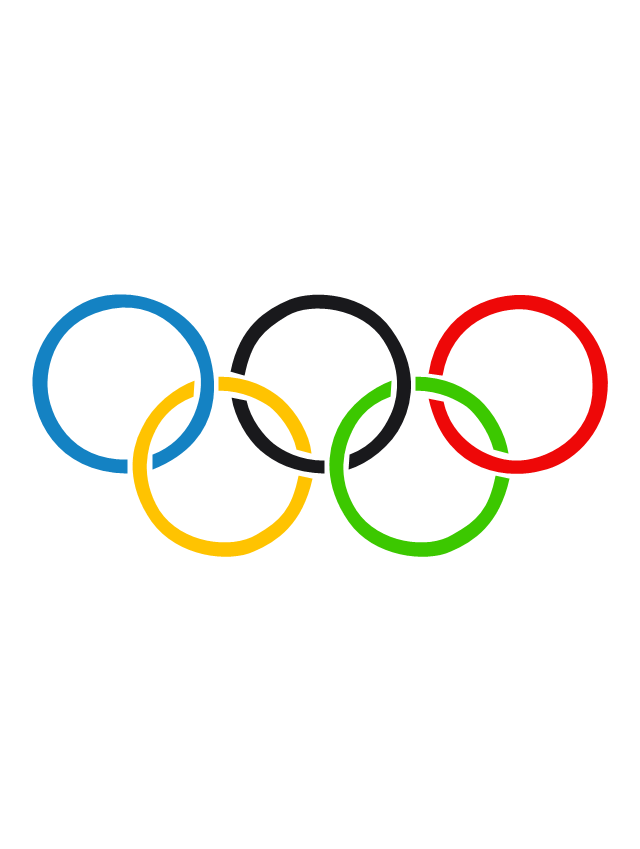

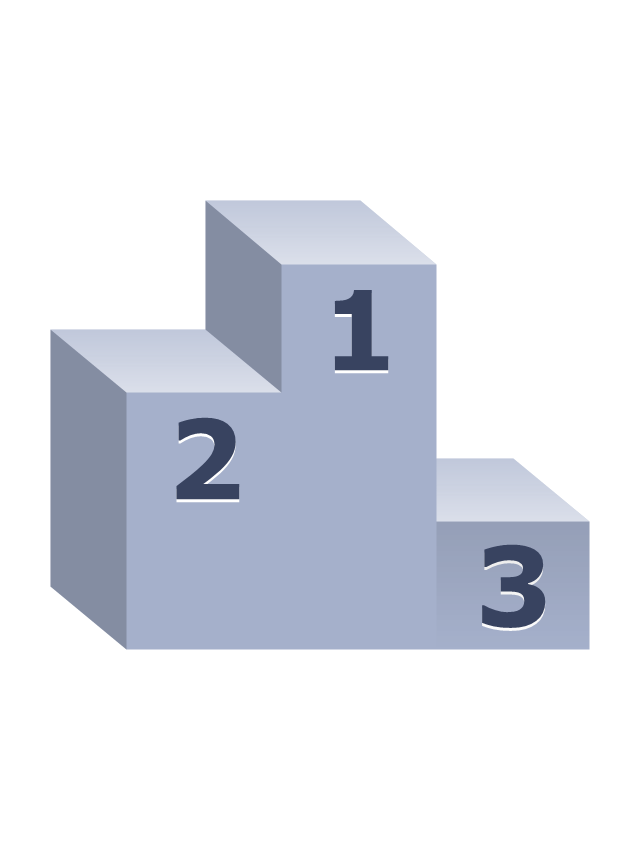






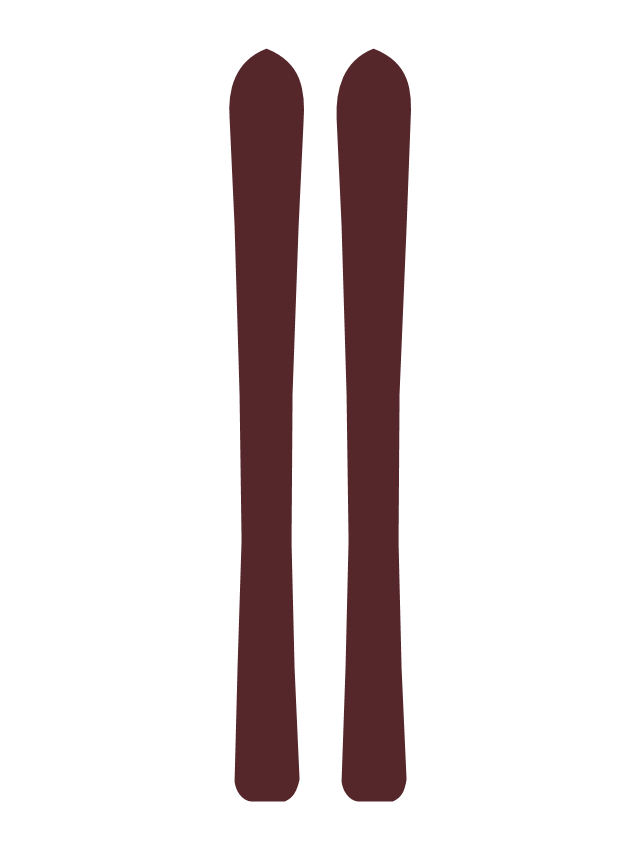
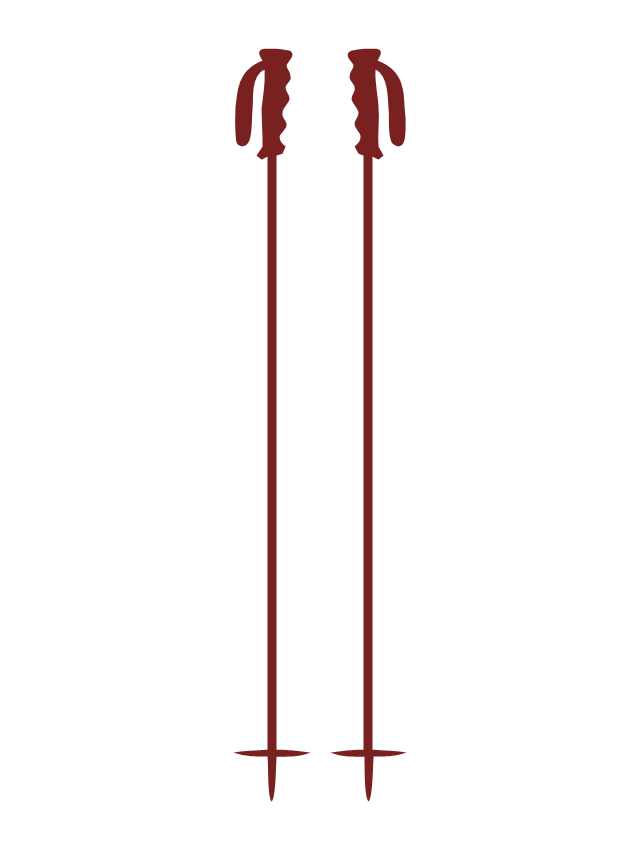
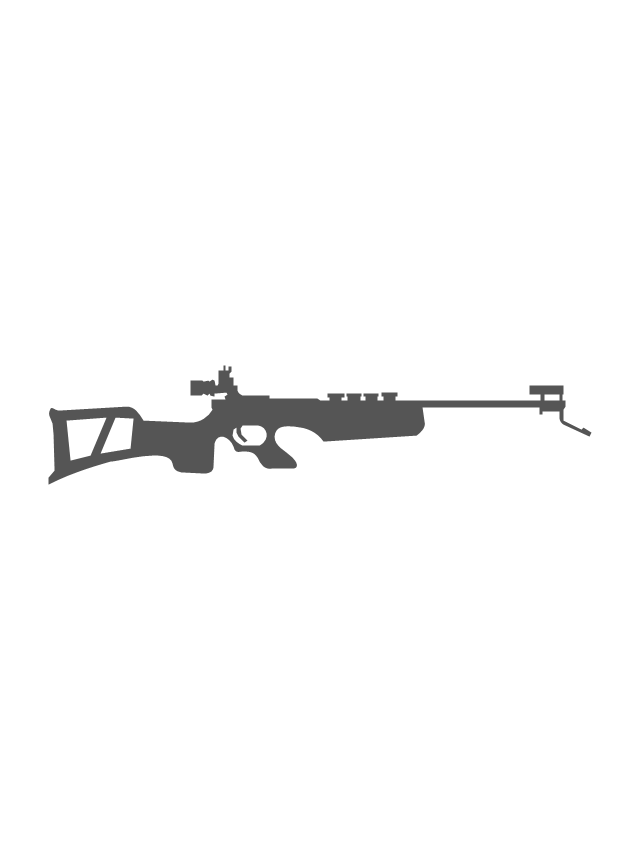
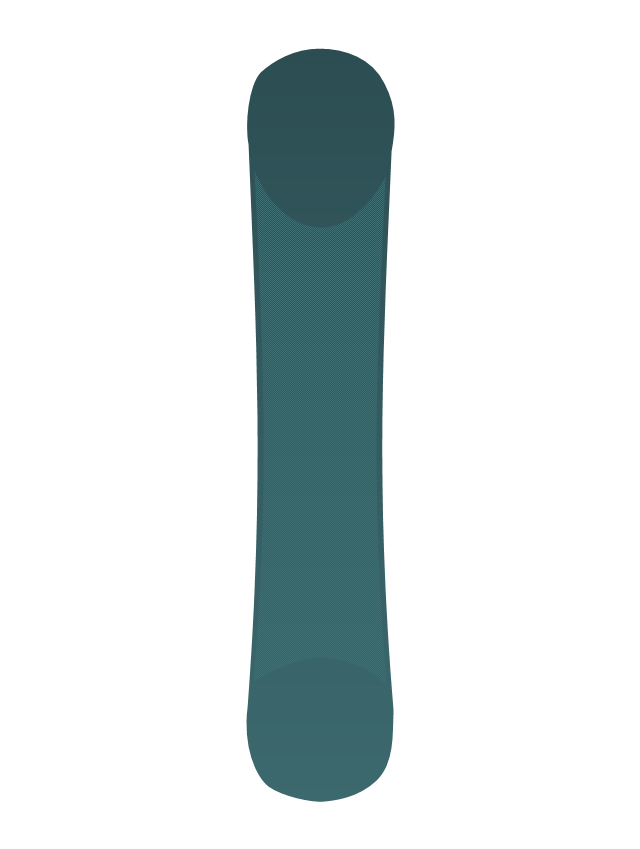
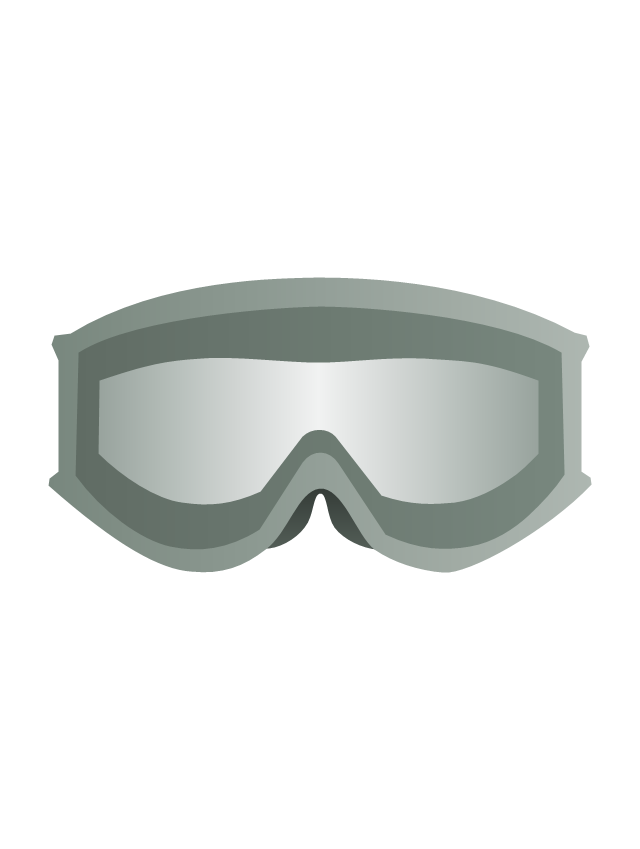
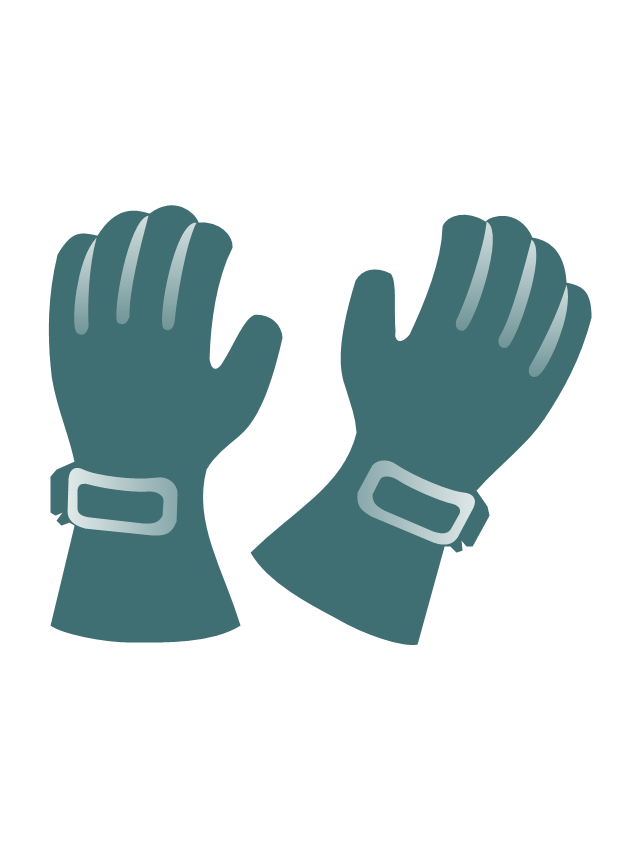
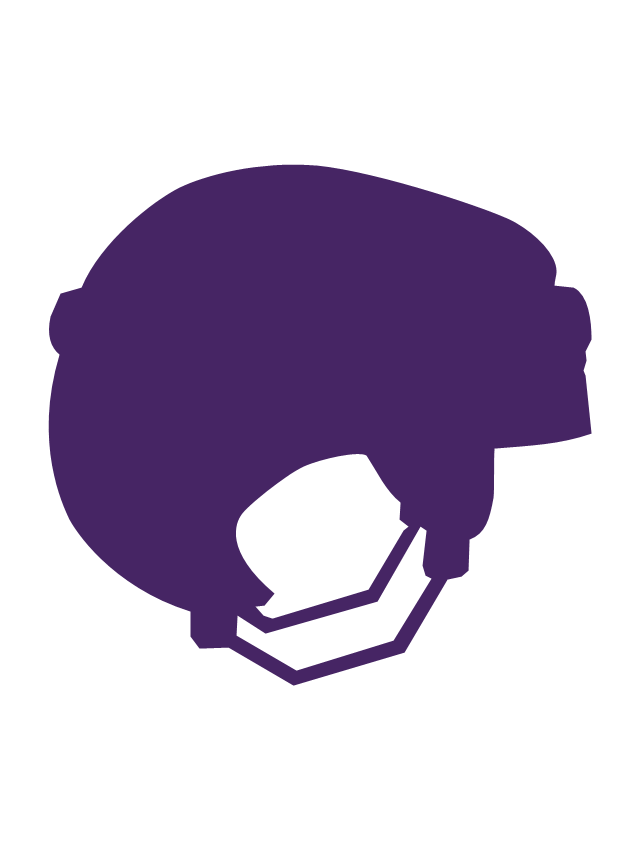
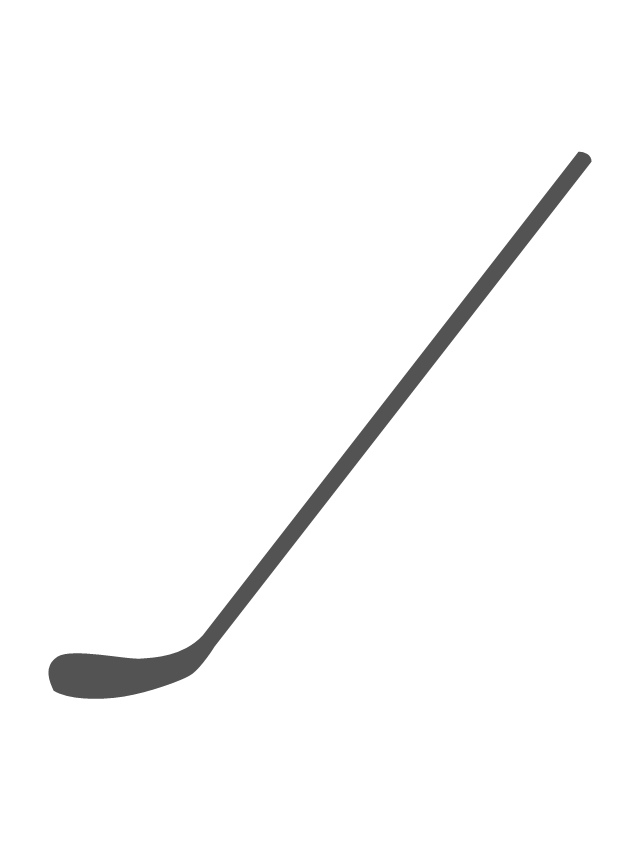
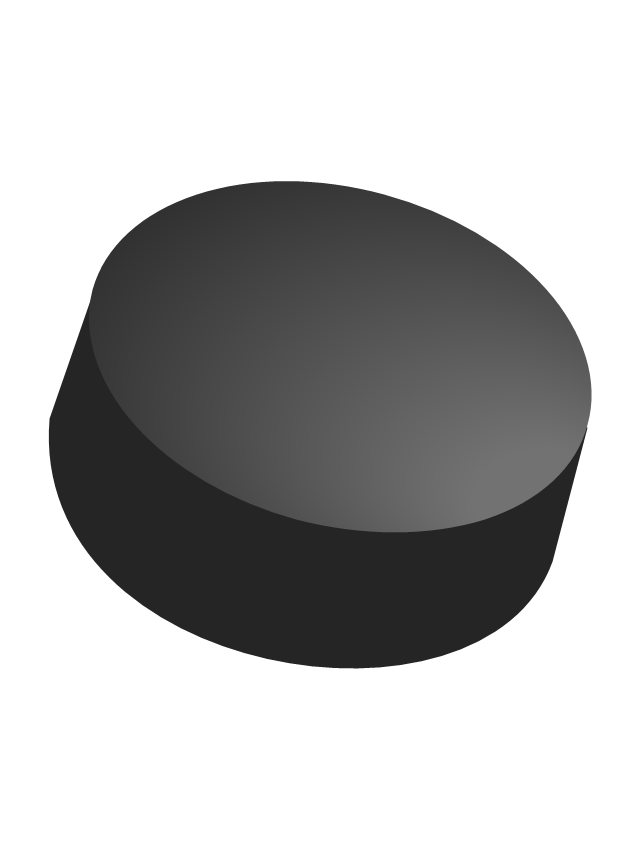
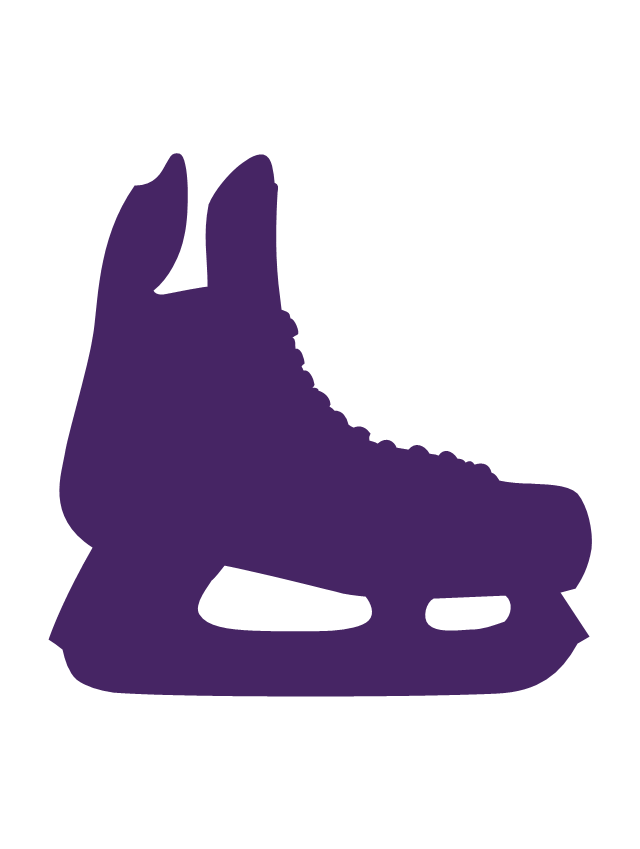
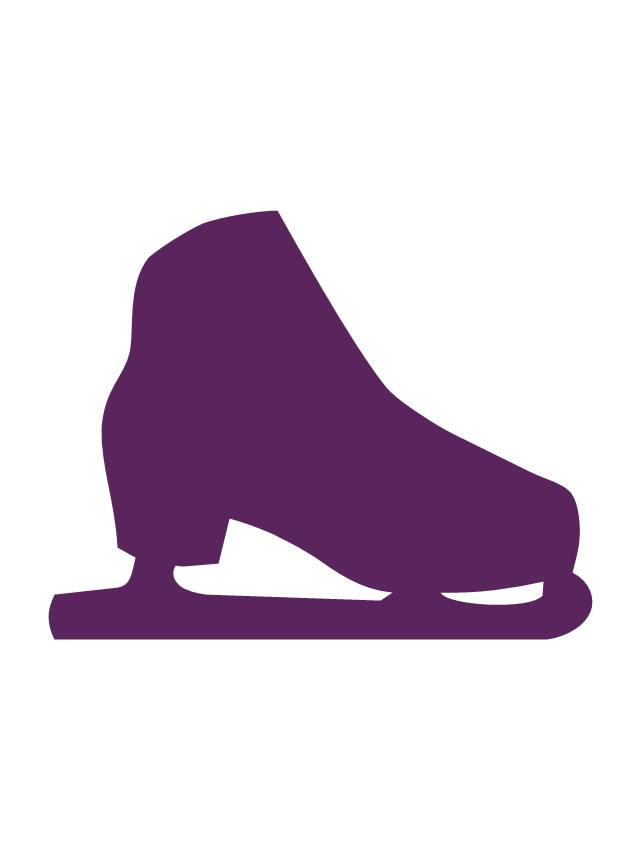
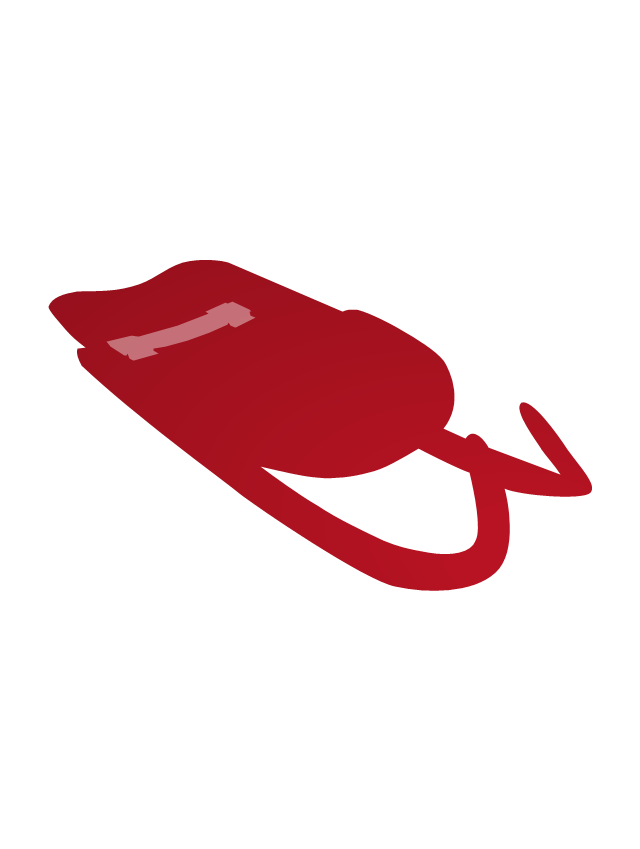
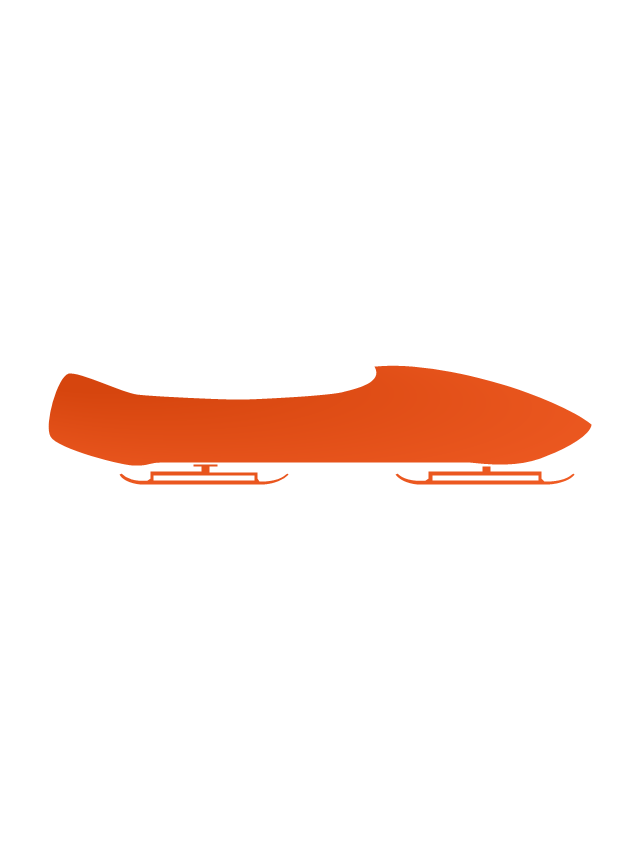
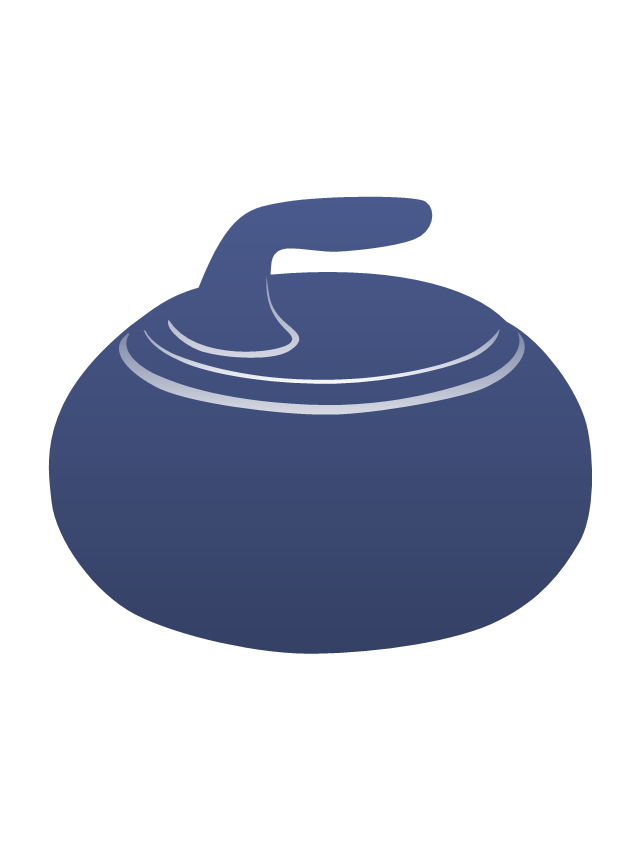
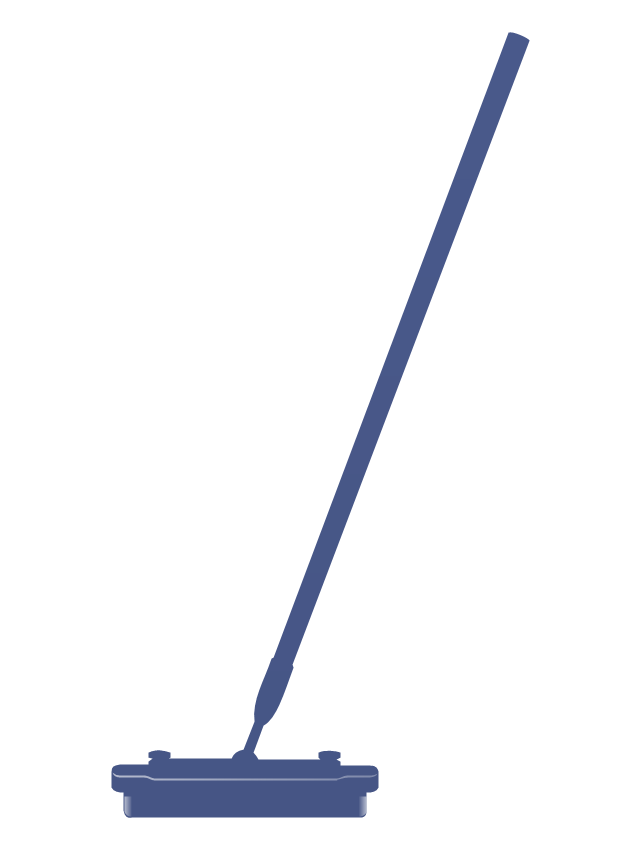


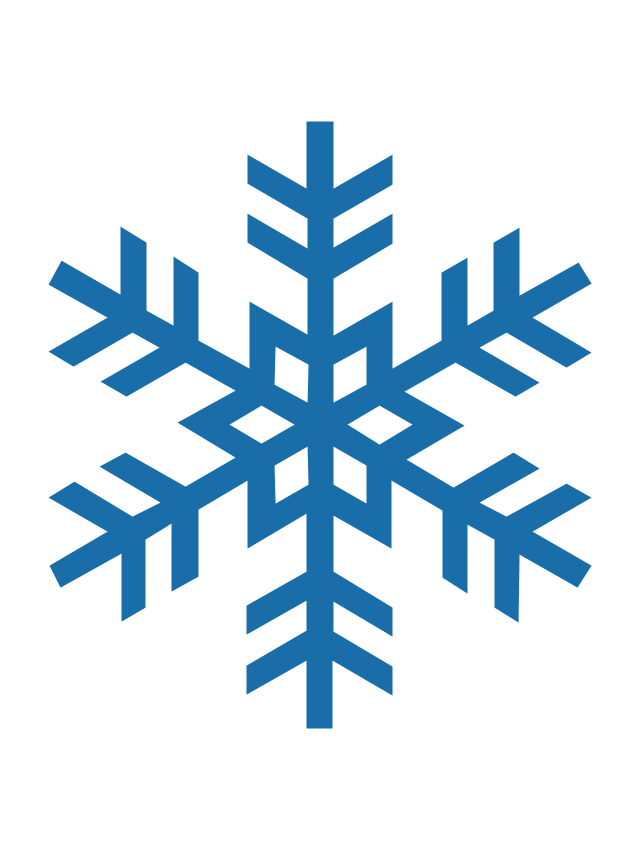

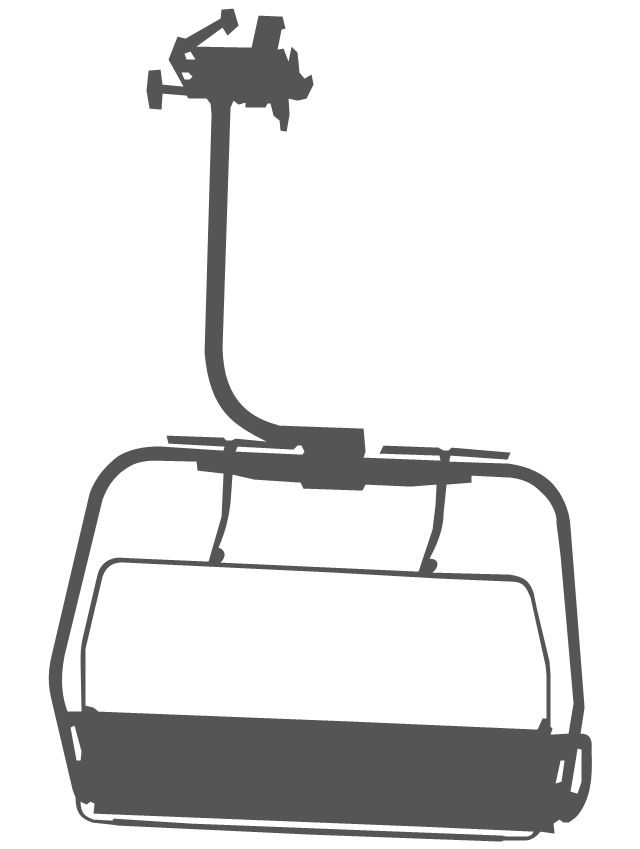

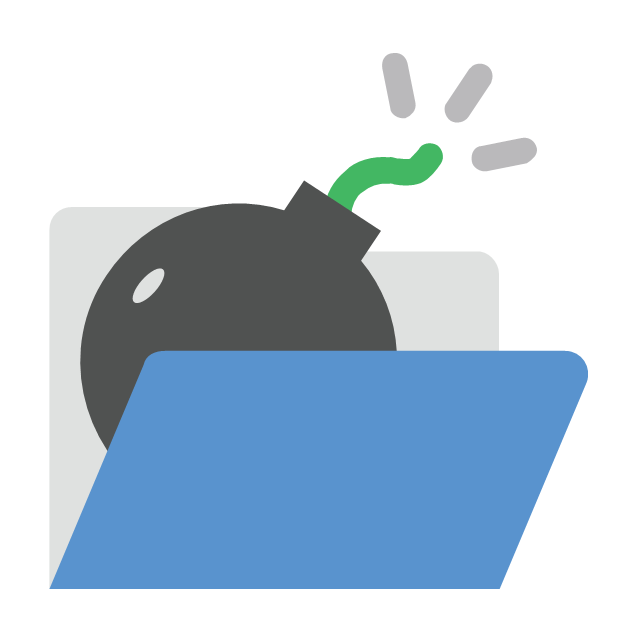








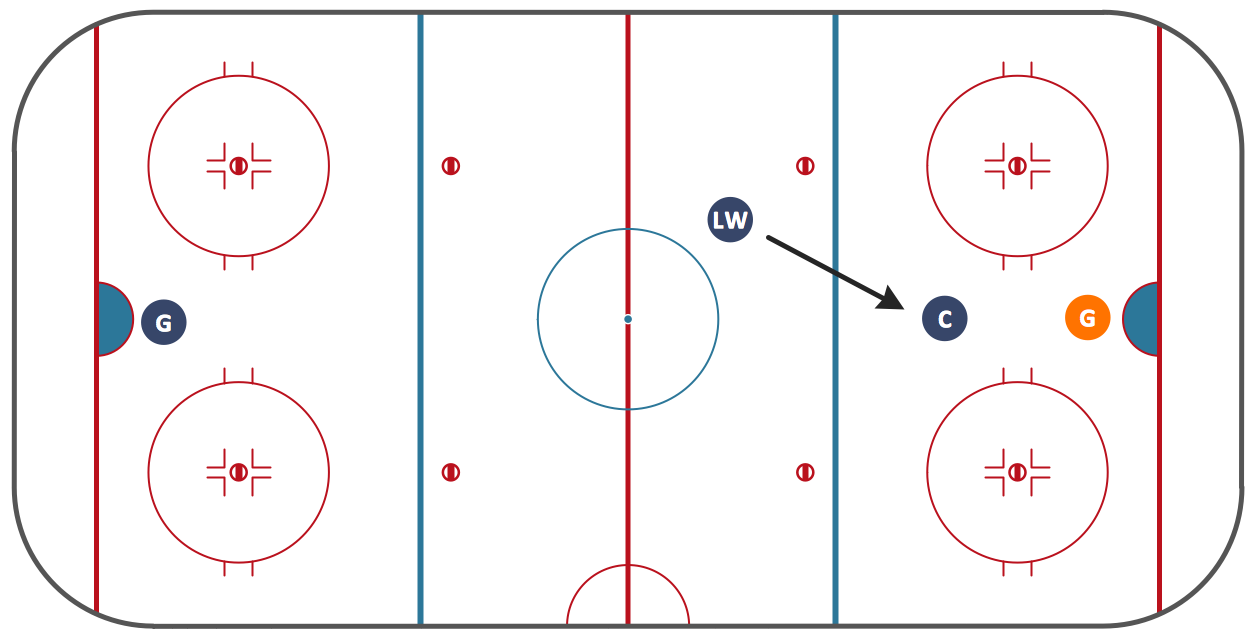

.png--diagram-flowchart-example.png)
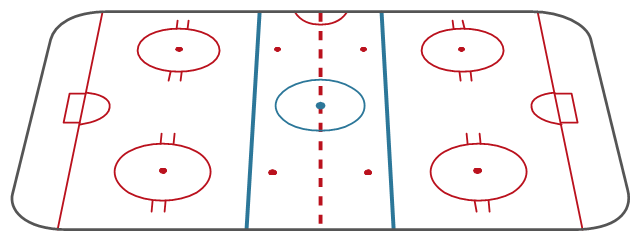
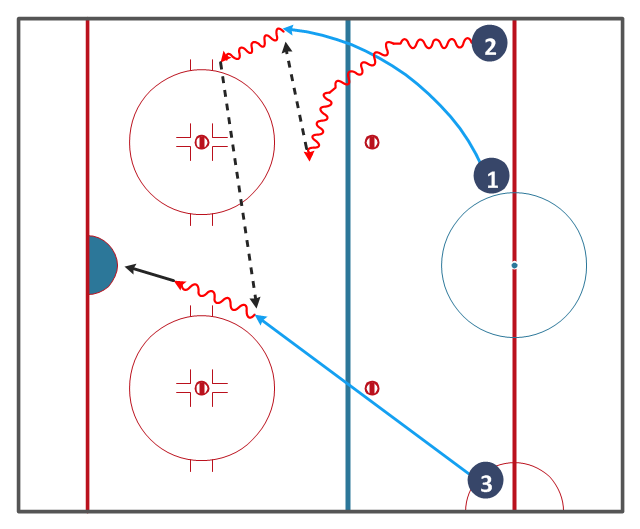
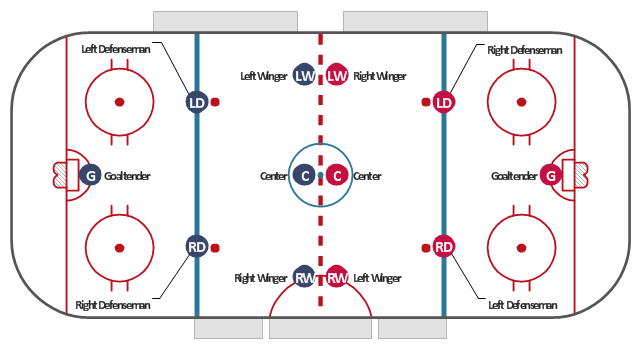
.png--diagram-flowchart-example.png)
